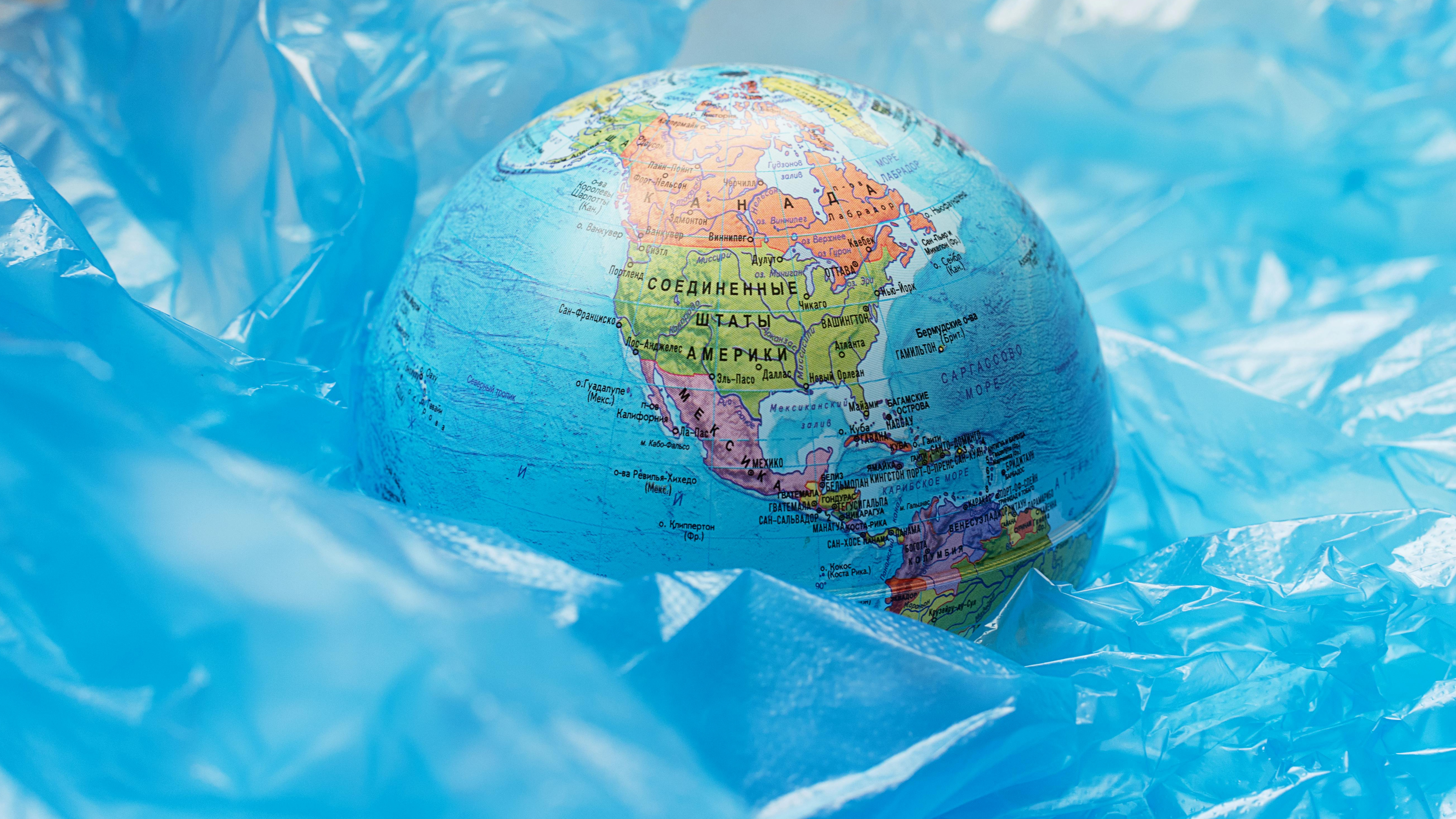Duration: 36 months
The widespread presence of plastic waste in oceans, often referred to as 'plastic soup', is significantly influenced by plastic debris originating from rivers and coastal areas. While the location and dynamics of this 'plastic soup' are well known, the process behind its formation is only partially understood [1]. This formation process can be partly attributed to the absence of comprehensive global spatiotemporal data collected from ground and space, primarily due to the lack of detection and imaging techniques with high spatial and temporal resolutions [2]. Environmental impacts on the detection of plastics such as submerging and algae formation, is still poorly known. Current research often overlooks the complexities that arise when plastics interface with particular environmental conditions. Hence, plastics are subject to a complex interaction process involving climate variables and biological processes. To bridge this gap, a new concept is proposed, based on imaging spectroscopy. This research focuses on enhancing and refining the spectral signatures of various plastics within observed environmental scenes. To differentiate between various types of plastics, a prototyping optical filtering concept having a high resolution and revisit time is studied. The concept builds on the technique of Acousto-Optics, suitable in remote sensing and imaging applications [3, 4]. This principle has former and current space heritage [5, 6]. In combination with deployable optics on the VLEO platform [7], this concept is promising. To obtain a high temporal resolution, for capturing the dynamics and movements of plastic debris, a VLEO constellation is envisioned. The utilization of the VLEO platform enables a reduction in the necessary imaging aperture of the instrument and an increase in spatial and temporal resolution. This research contributes to the worldwide monitoring of plastic debris, eventually leading to removal, resulting in higher quality of marine and land life.

